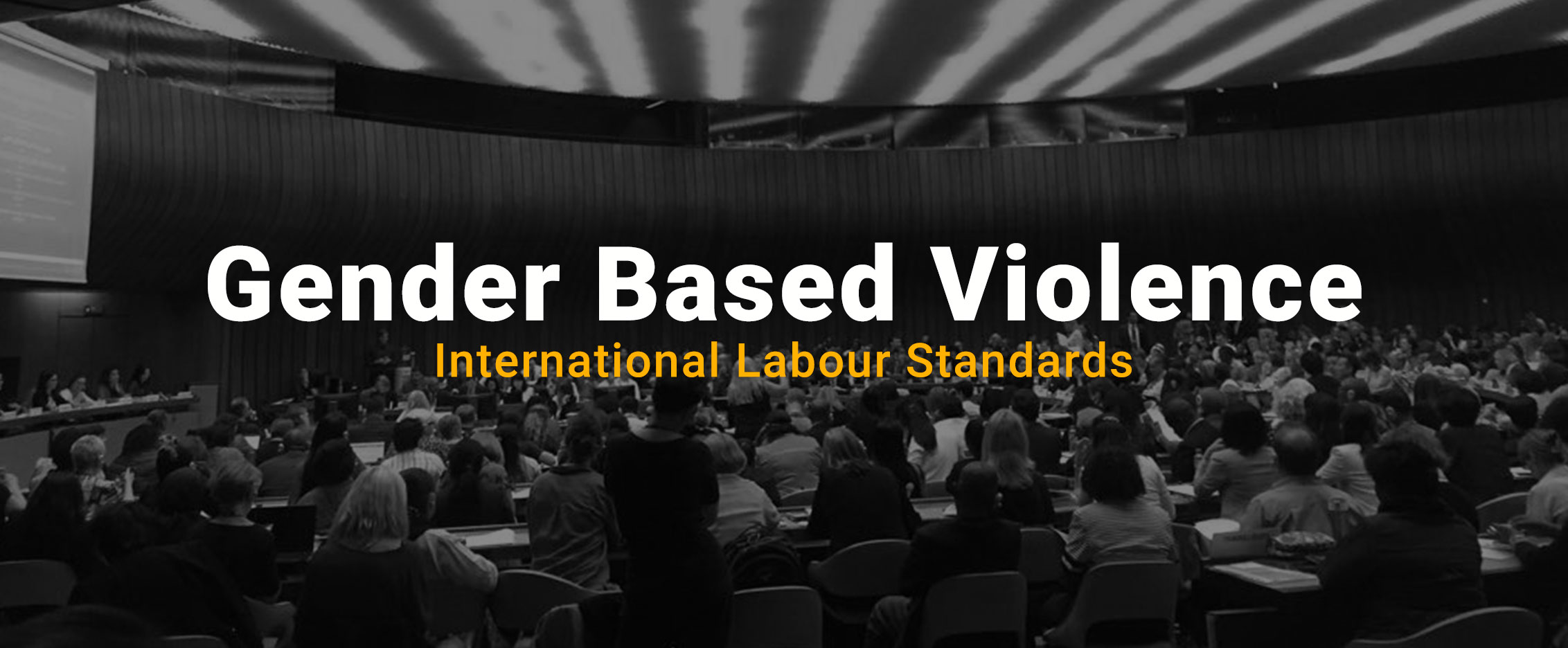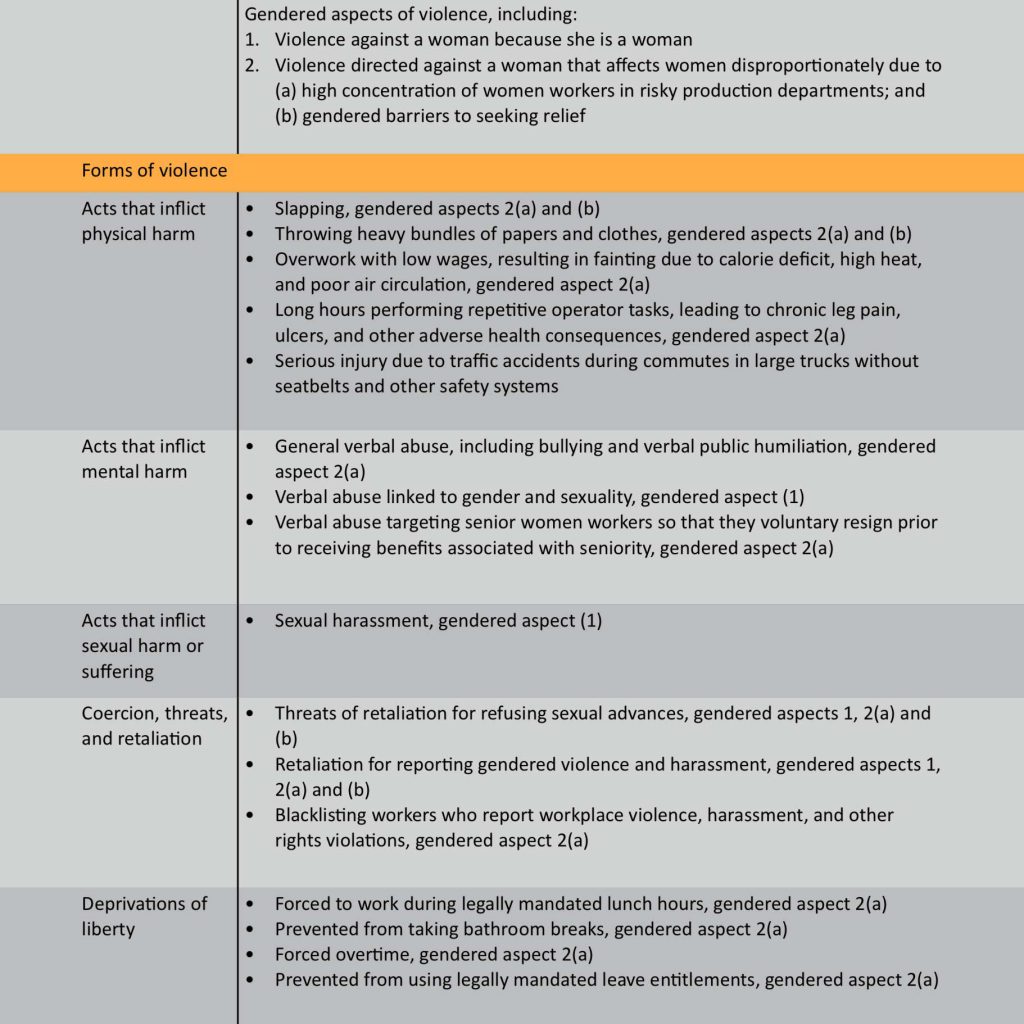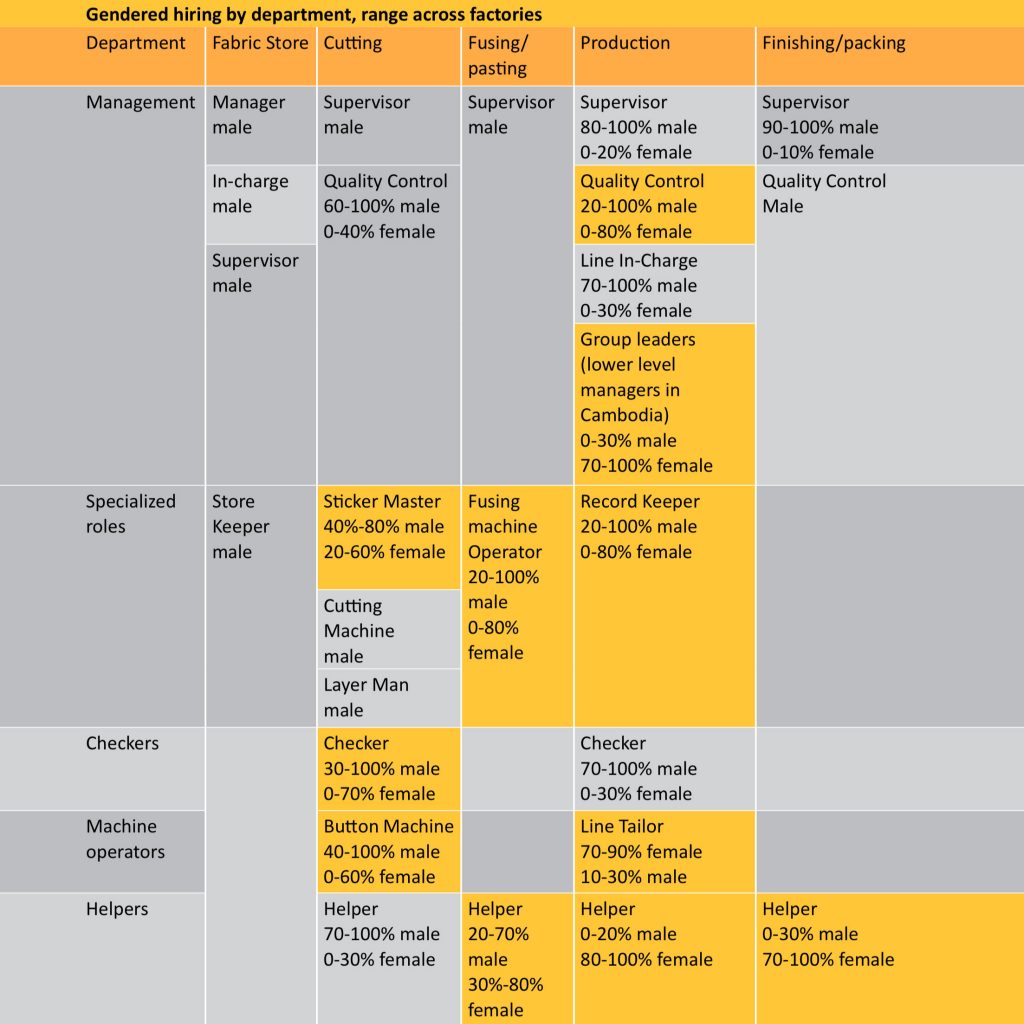
Transforming the world of work to meet the challenges posed by global inequality and the gender gap requires a gender lens. More important, the leadership of women in trade unions and civil society organizations is a must to face these challenges along with rising fascism, xenophobic nationalism, and climate change.
On May 28th, 2018 a global coalition of trade unions, worker rights and human rights organizations, which includes Asia Floor Wage Alliance, CENTRAL Cambodia, and Global Labor Justice released new factory level research detailing gender based violence in Walmart’s Asian garment supply chain. The coalition asks for immediate action by Walmart.
For women garment workers, violence and harassment isn’t limited to violence that takes place in physical workplaces, but also during commutes and in employer provided housing. Women garment workers in Walmart supply chains in Bangladesh and Cambodia reported acts of violence that include acts that inflicted sexual harm and suffering; physical violence, verbal abuse, coercion, threats and retaliation, and routine deprivations of liberty including forced overtime.
These are not isolated incidents. Rather, they reflect a convergence of risk factors for gender based violence in Walmart supplier factories that leave women garment workers systematically exposed to violence. Risk factors for violence documented in the Walmart garment supply chain, include: use of short term contracts, production targets, industrial discipline practices, wage related rights abuses, excessive working hours, and unsafe workplaces.
Barriers to accountability include: unauthorized subcontracting, denial of freedom of association, failure to require independent monitoring, and gendered cultures of impunity among perpetrators of violence and prevent women from seeking accountability and relief.
The Global Labor Justice series, Gender Justice on Garment Global Supply Chains: An Agenda to Transform Fast- Fashion, lays out six pillars of a gender justice approach. The series analyzes key barriers to gender justice and proposes a bold and transformative vision of work with dignity and economic security for women workers led by women worker leaders involved in national and regional worker organizations. Each Pillar sets out concrete solutions to advance gender justice on garment supply chains, including recommendations for new international labor standards and interpretations, and innovative roles for supplier unions, allied unions, women’s organizations, human rights organizations, and consumers in production and retail countries.
The ILO’s Future of Work Commission calls for:
[S]eizing the opportunities presented by these transformative changes to create a brighter future and deliver economic security, equal opportunity and social justice – and ultimately reinforce the fabric of our societies.
Through this series, women worker leaders on Asian garment supply chains draw from their deep experience to show us the way forward.
- Pillar 1, End Gender Based Violence and Harassment: Gender Justice on Garment Global Supply Chains, An Agenda to Transform Fast-Fashion
Ending gender based violence and harassment (GBHV) is a key component of bringing a gender justice approach to global supply chains- specifically fast fashion. This report—the first in the series, Gender Justice on Garment Global Supply Chains: An Agenda to Transform Fast-Fashion—provides a roadmap for international legal frameworks, criteria for corporate accountability initiatives, and a transformative new prevention approach from the Asia Floor Wage Alliance to end GBVH on garment production lines. It especially appropriate that the first international labor standard addressing gender based violence in the world of work is informed by and inform broader discussions on the Future of Work and the Centennial of the International Labor Organization. - Pillar 2, Advance Economic Security: Protect Workers as Supply Chains Relocate
- Pillar 3, Incorporate a Gender Lens into Living Wage Frameworks
- Pillar 4, Uplift Women’s Leadership in Organizations and Advocacy
- Pillar 5, Promote Decent Work and Fair Migration in the Garment Sector
- Pillar 6, Shift Coercive Supply Chain Practices that Contribute to and Constitute Forced Labor





